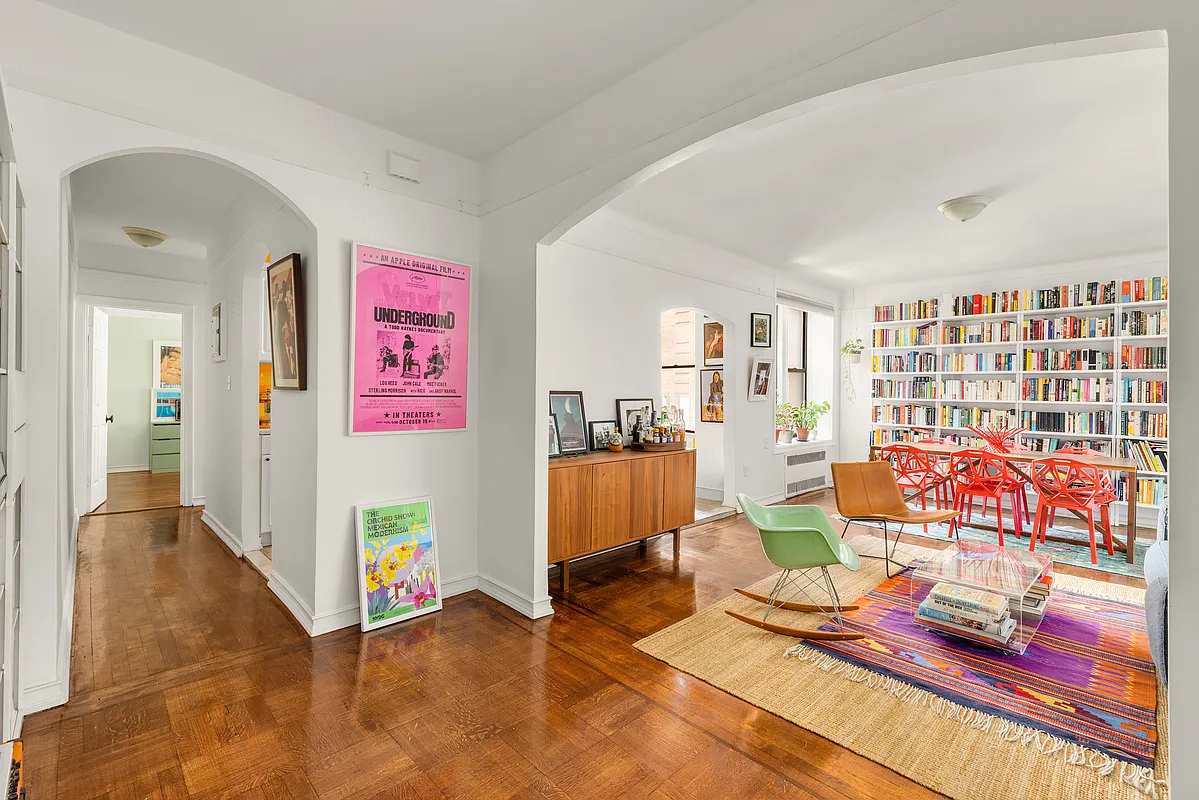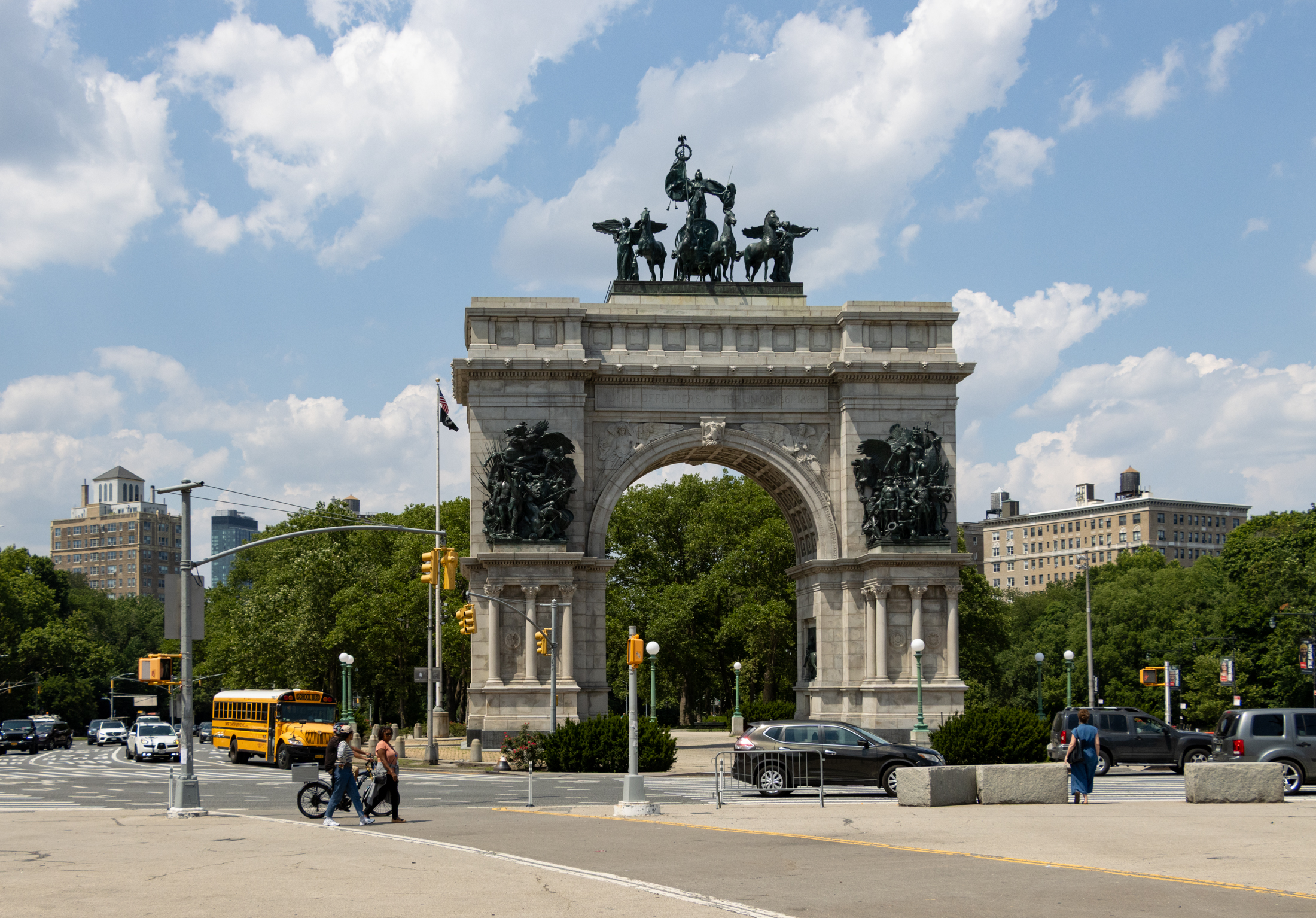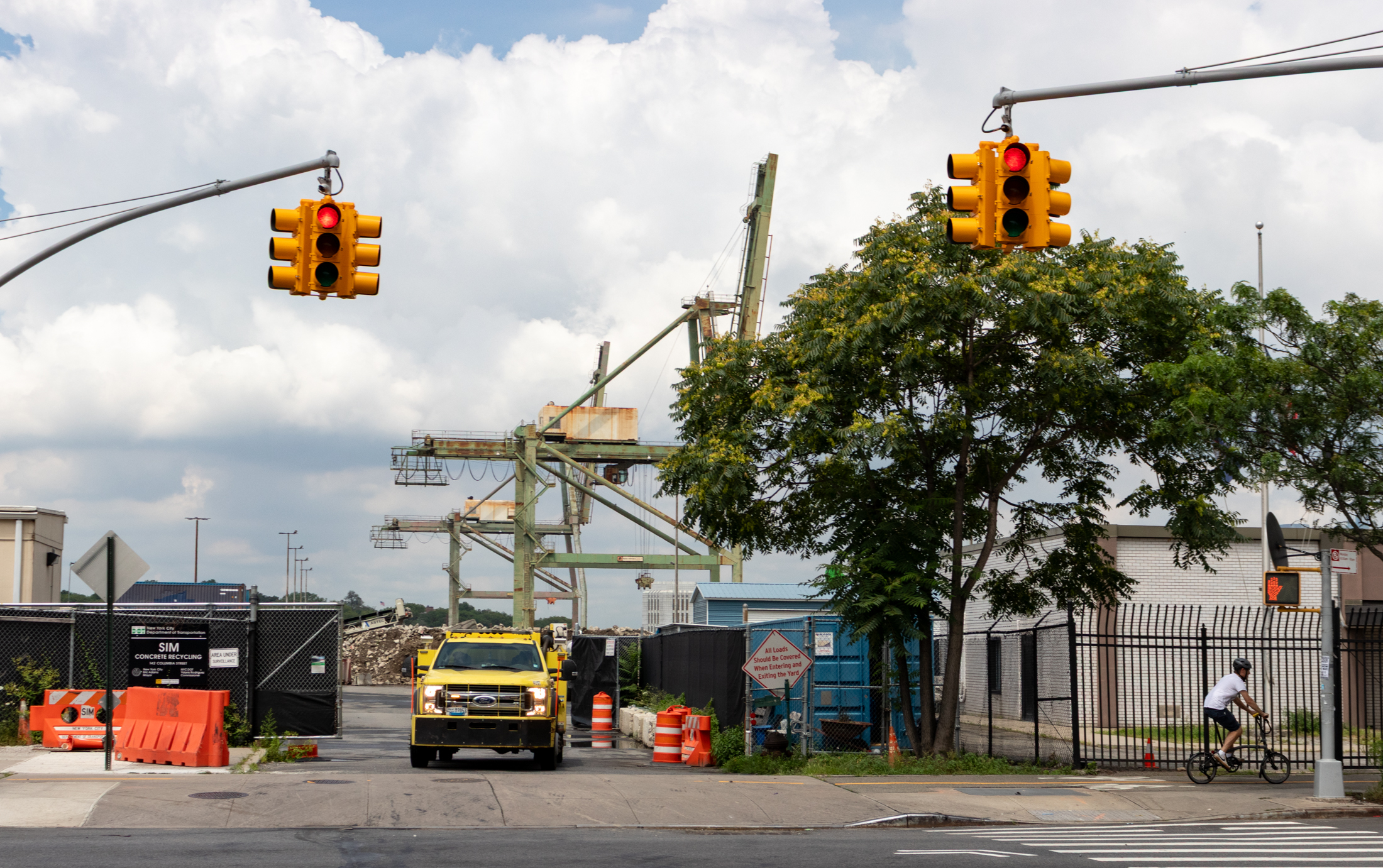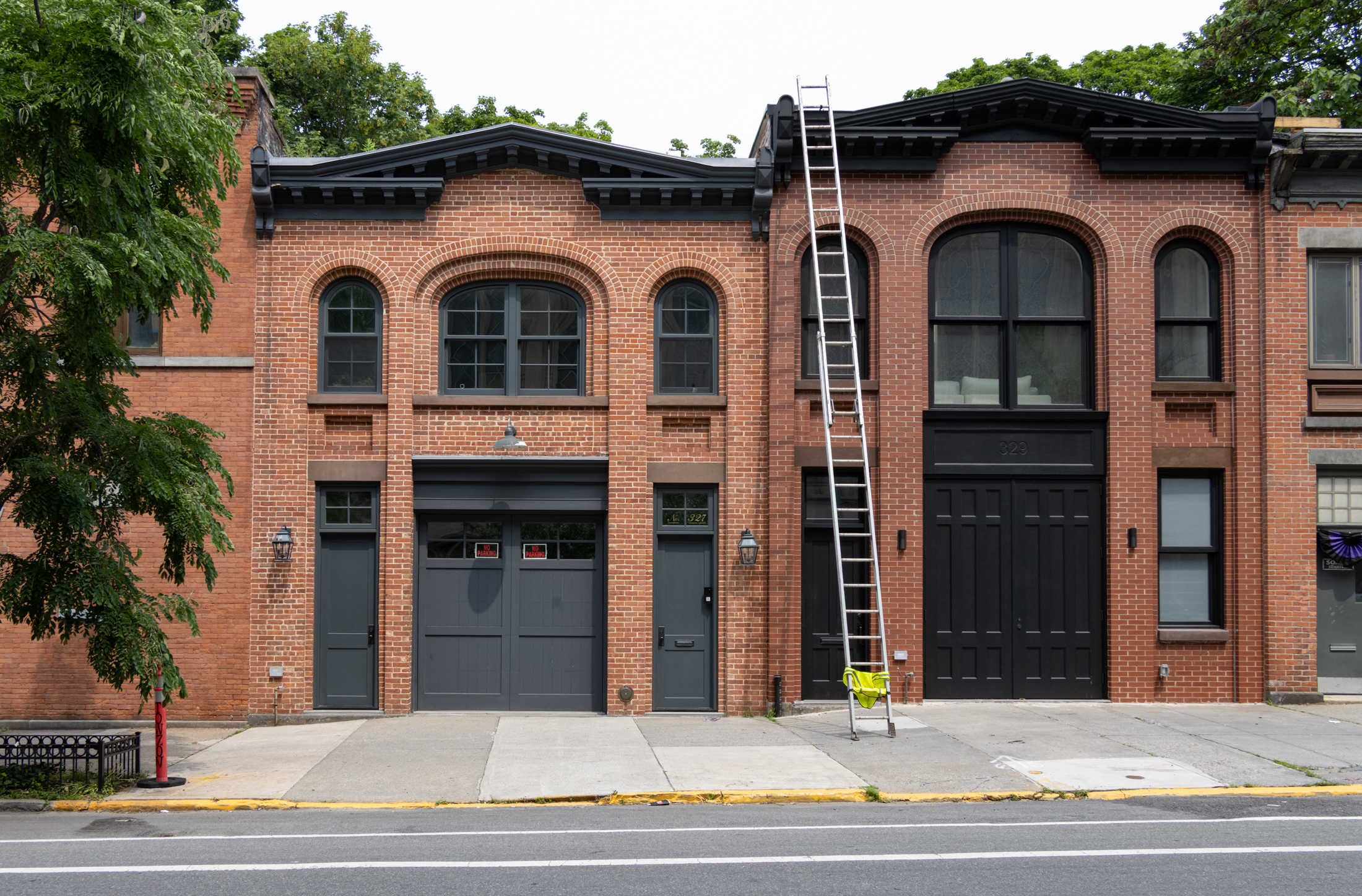The Luxury of the Garage
The bar for “luxury real estate” continually rises in New York these days—wine cellars, heated pools or screening rooms are increasingly par for the course. But perhaps the most coveted amenity continues to be the parking garage, says the New York Times. Their recent tally of listings in Manhattan and Brooklyn with garages included a…


The bar for “luxury real estate” continually rises in New York these days—wine cellars, heated pools or screening rooms are increasingly par for the course. But perhaps the most coveted amenity continues to be the parking garage, says the New York Times. Their recent tally of listings in Manhattan and Brooklyn with garages included a dozen from $1.195 million, for a Crown Heights brownstone, to $18.75 million for a Greenwich Village carriage house. A garage, according to Jonathan Miller, chief executive of Miller Samuel Inc., can easily add five percent to a house’s asking price, and sometimes as much as 25 percent. One Bedford-Stuyvesant resident moved into a Crown Heights four-bedroom brownstone with a garage, which he’s now selling for $1.195 million — apparently having all that storage space for rakes and such resulted in an insatiable desire for the suburban life. The article comes on the heels of a Transportation Alternatives study called “Suburbanizing the City,” which critiques the Bloomberg administration’s policy of requiring developers to build off-street parking with new buildings, which, they say, will add 170,000 new cars on city streets by 2030. Might make the buildings more desirable and valuable, but, according to TA, garages and off-street parking could add 431,000 tons of CO2 per year by 2030.
The Ultimate Luxury: A Garage [NY Times]
Suburbanizing the City (PDF) [TA]





Benson and Montrose, I do believe the NYT specified “townhouse” areas. Code for, places in the city that *we’d* live, darling. Those of us in urban suburbia (Ditmas Park, for example) are in garage utopia, of courses, and take our good fortune utterly for granted.
Legal curb cuts are grandfathered, yes. But since DOT, not the homeowner, owns that curb cut there’s no reason why DOT couldn’t condemn it, especially if it’s not being used as intended.
Curb cuts are grandfathered. If you buy a house with a curb cut leading to a ground floor room, you have a curb cut. If some day you want to reconvert the room to a garage, you may.
Curb cuts are worth their weight in gold. New ones are very hard to get, especially impossible in historic districts.
Benson, here’s the article on vinyl AKA LPs. OT
http://www.nytimes.com/2008/08/31/fashion/31vinyl.html
What you do with your garage is your business. But it’s not your curb cut. It’s DOT property, the same as the sidewalk and the rest of the curb in front of your house. Technically, you could be ticketed for parking in your own curb cut because it’s obstructing a DOT right-of-way. Unlikely here, yes, but other cities enforce it. Alexandria, VA for one.
i have a garage. its great!
I agree that there needs to be a review of all curb cuts. Most of the sidewalks in areas such as Bensonhurst, Bayridge, Sunset Park and Dyker Heights have been taken over by illegal driveways. You can barely squeeze past the huge SUV’s that stick out almost to the curb. They have virtually eliminated all street parking.
However, if you purchase a house with a legal garage/driveway you should have a curb cut. If you have a legal curb cut it’s yours to block. It’s nobody’s business what you use the garage for. You paid for that right when you bought the house.
Denton;
Missed it. Can you point it out?
benson, if you think this article was bad, how about the one on the resurgence of vinyl?